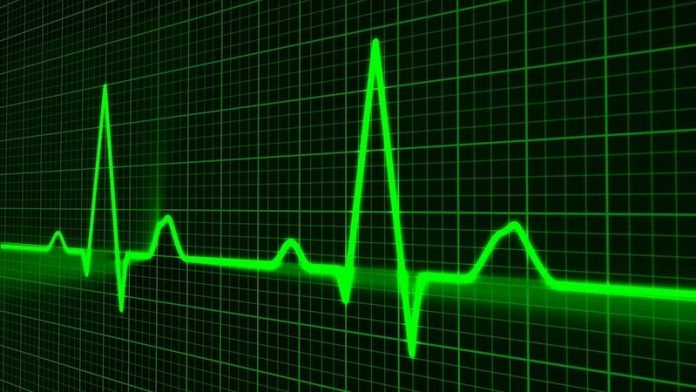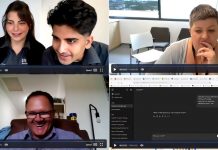
In a new study, researchers have developed a new method to detect irregular heartbeats after stroke.
The new method outperformed the approach that’s currently used widely in stroke treatment.
The research was conducted by a team from the University of Michigan.
After a stroke, neurologists are tasked with identifying which risk factors may have contributed in order to do everything possible to prevent another stroke.
That makes detecting irregular heartbeat an urgent concern for these patients.
The most common heartbeat problem is atrial fibrillation, which is a very important and modifiable risk factor for stroke.
In the study, the new technology is called electrocardiomatrix.
It can go further than standard cardiac telemetry by examining large amounts of telemetry data in a way that’s so detailed it’s impractical for individual clinicians to attempt.
The team found among stroke patients with usable data, electrocardiomatrix was highly accurate in finding those with a hear rhythm condition called Afib.
Importantly, the electrocardiomatrix identification method was highly accurate for the 212 patients who did not have a history of Afib.
This group is most clinically relevant, because of the importance of determining whether stroke patients have previously undetected Afib.
When a patient has Afib, their irregular heartbeat can lead to blood collecting in their heart, which can form a stroke-causing clot.
Many different blood thinners are on the market today, making it easier for doctors to get their patients on an anticoagulant they’ll take as directed.
The most important part is determining Afib’s presence in the first place.
The team says more accurate identification of Afib should translate into more strokes prevented.
One author of the study is Jimo Borjigin, Ph.D. an associate professor of neurology and molecular and integrative physiology at Michigan Medicine.
The study is published in Stroke.
Copyright © 2019 Knowridge Science Report. All rights reserved.



